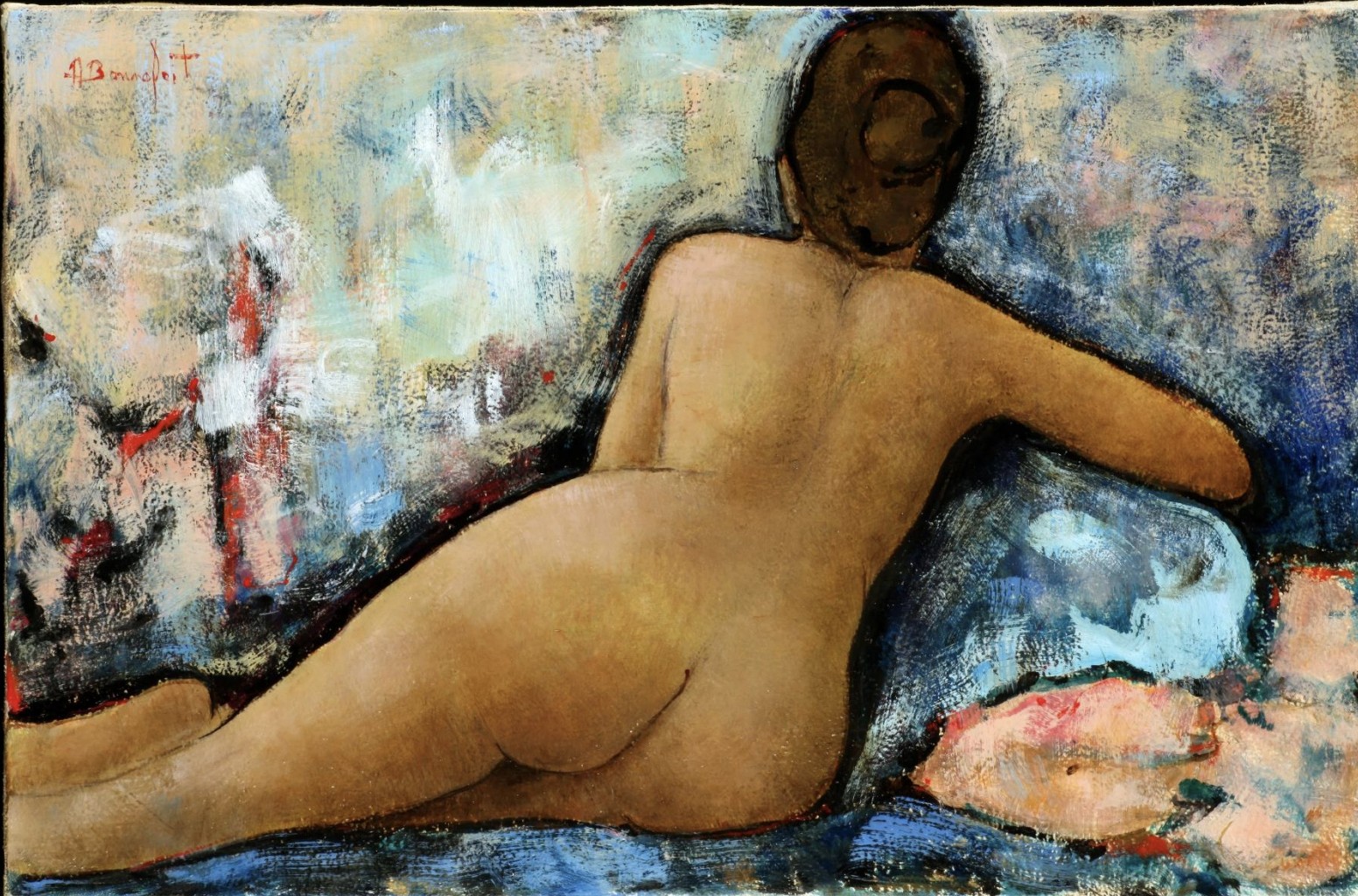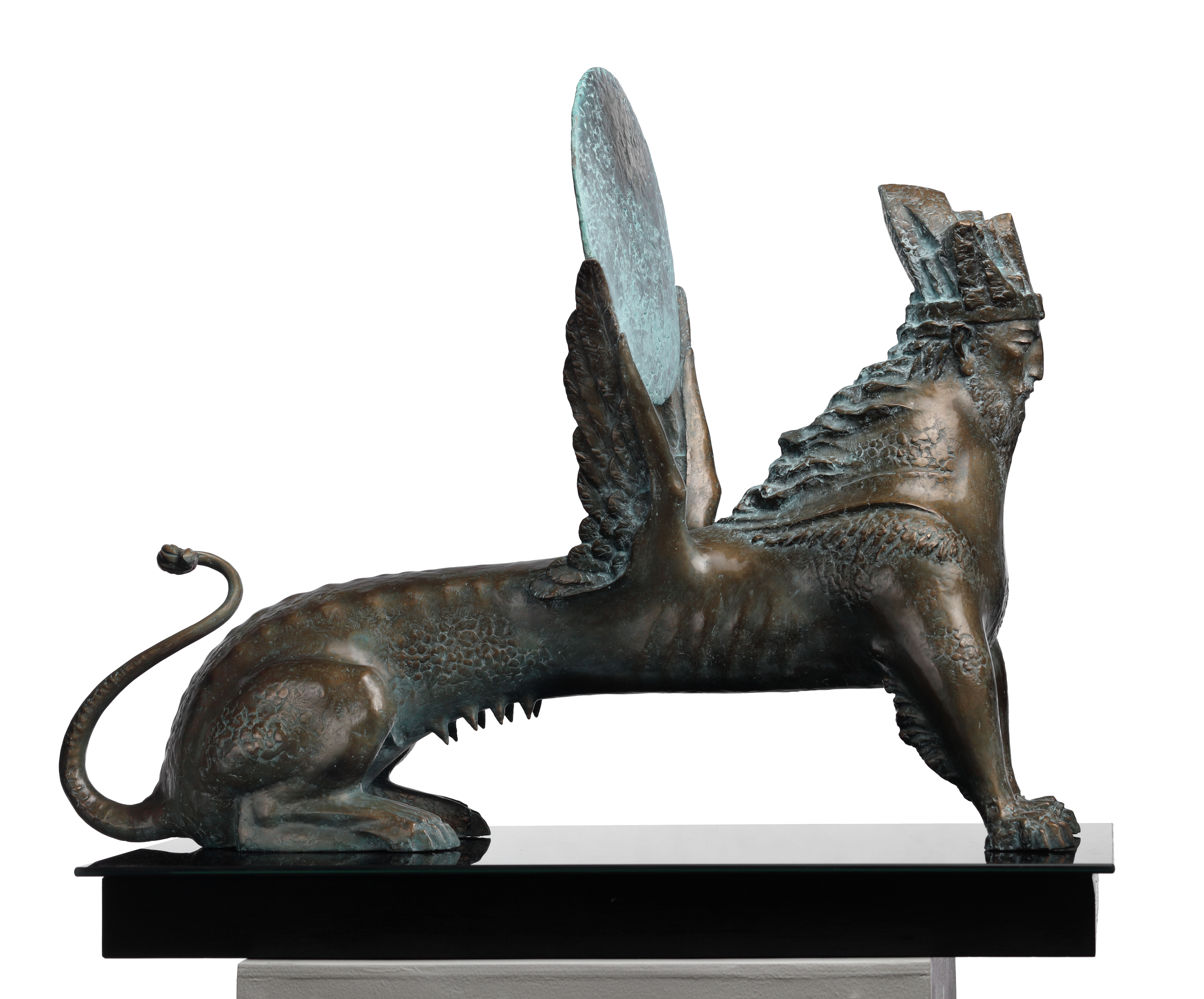Drawings and objects by Aleksey Levchuk to be showcased at Erarta Museum will feature unconventional visions of the future and posthuman beings
Before our eyes are crudely cut sheets of wrapping paper illuminated with bright pastel fantasies and prepared for eternity with cheap hairspray. Aleksey Levchuk's exhibition looks just as experimental and expressive as a student's project. Although employing traditional methods tested over decades, it brings up the subject of the future, and the discussion starts just ten minutes before the onset of technological singularity. This might as well be one of the last human-made observations by the visionary architect prepared to work in a world which survived a dramatic technological transformation.
Aleksey Levchuk's Panhumanism project is a quick sketch of the future world, looking at which one realises just how far we lag behind the technology. Levchuk prophesies:
The past utopian visions of an ideal society can only be brought into existence after departing from the unalterable morphology of the human body. Thoughts and motivations of the posthuman being will change fundamentally as a result of the physical transformation: we are unable to grasp them while still contained within our solid bodies. The opportunity for transformation, initially appearing as a technological solution, will, quite predictably, be available only to the rich; however, this technology will be immediately abducted by the new Prometheis and become widely accessible.
The artist takes on the role of Prometheus bringing the bitter and burning knowledge to the people. Drawing on the ideas of technological upgrade of the body, he wastes no time in simulating the life of a human being who is able to assume the form of a tree, a bird, or any other structure by a sheer act of will. This fantasy, brave enough for a comic book or a science fiction novel of the 1950s, ushers in a slew of relevant existential questions. For example, given the current prevalence of the solipsist doctrine where each man perceives himself as an individual, the beings locked inside their bodies must receive a new consciousness along with the new form. But how can one remain human within a technogenic body? And what is in fact human? Is human nature at all valuable? Am I human after all? Thinking about this seems much more relevant than dealing with the tiresome issues of urban planning or turning the disused factory shop floors into blooming gardens where our contemporaries, armed with the creative revolution agenda, make felt jewellery or gather in their hordes to listen to some monotonous beats.
Aleksey Levchuk's world seems like a naive utopia in which the aesthetical equals the ethical. The artist's vision is of posthumans endowed with an upgraded bone structure living a half-plantlike life in a conflict-free like-minded society and creating endless symbiotic structures. They are essentially concerned with purely artistic considerations of creating various forms in a universe where all matter is animate and all surroundings carry the human gene. In a society like this, there is no longer any preoccupation with immortality, and the opportunity to transform one's body into energy renders useless any aggression or turf wars. Posthumans in their ceaseless search for the perfect form are able to procreate and will someday populate the entire Universe.











